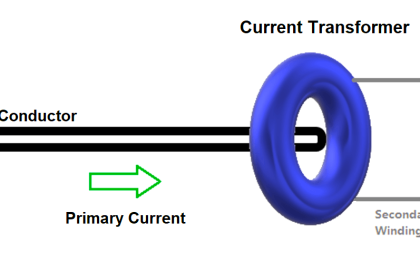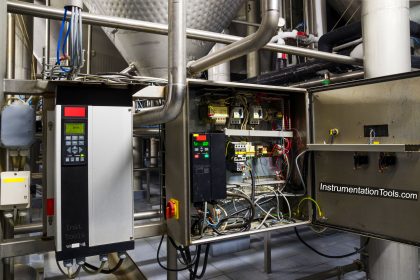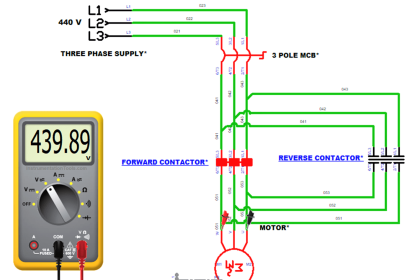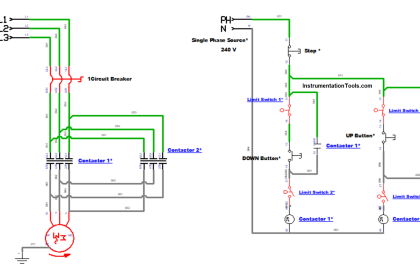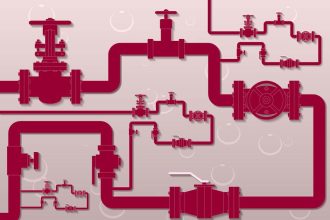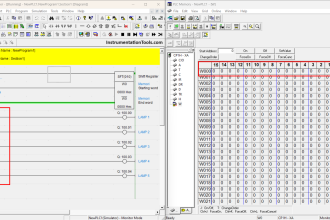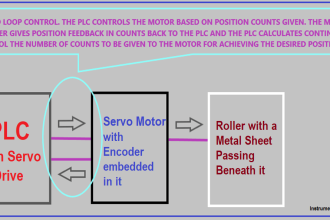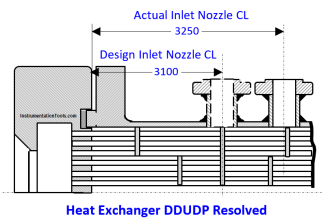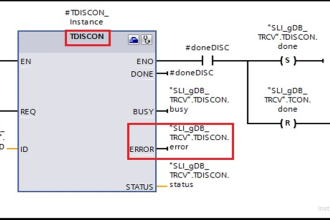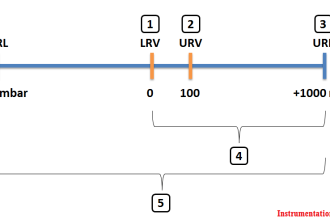Let’s discuss the list of 100 Power Systems projects for final-year electrical engineering students, along with some detailed descriptions for each.
Top 100 Power Systems Projects
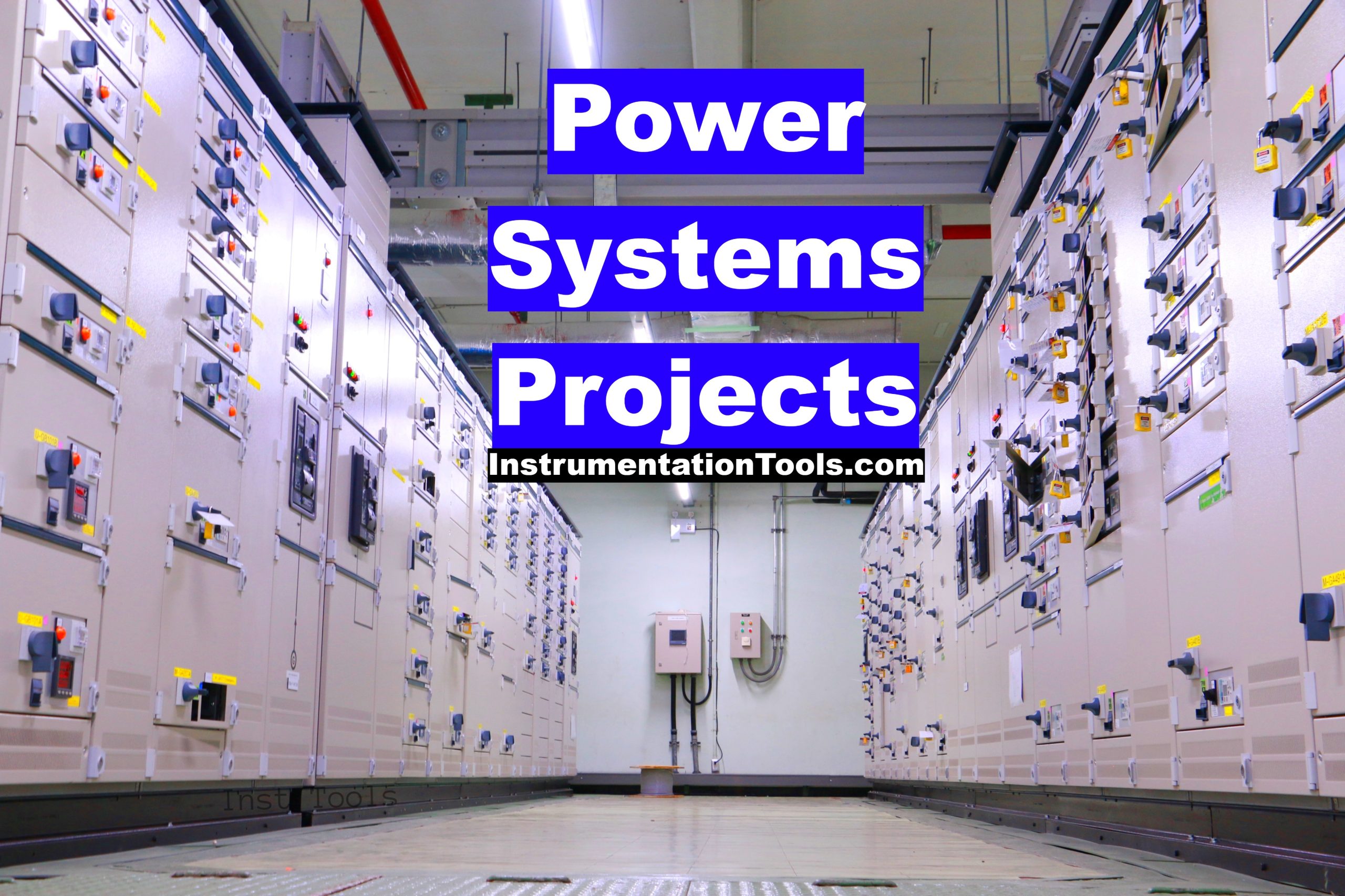
Here we showed a detailed list of power systems projects with objectives.
- Load Flow Analysis
- Analyze the power flow in electrical distribution systems using software tools to optimize the system.
- Microgrid Design and Implementation
- Create a small-scale, localized energy grid that can function independently or alongside the main power grid.
- SCADA for Power Systems
- Implement a Supervisory Control and Data Acquisition (SCADA) system for real-time monitoring and control of electrical power systems.
- Distributed Generation and Energy Storage
- Design and implement systems for generating energy at or near the place where it will be used, along with appropriate energy storage solutions.
- Fault Analysis in Electrical Systems
- Conduct fault analysis to identify potential weaknesses in the power systems and propose corrective measures.
- High Voltage DC Transmission
- Investigate the benefits and challenges of high voltage direct current (HVDC) transmission over long distances.
- Electric Vehicle Charging Infrastructure
- Design an efficient, grid-connected electric vehicle charging infrastructure with smart features.
- Black Start Capability
- Design a system capable of restoring a power plant to operation without relying on external power sources.
- Transient Stability Analysis
- Study the ability of a power system to maintain stability under transient conditions using simulation tools.
- Wind Energy Integration
- Design and implement systems for integrating wind energy into existing power systems efficiently.
- Power Quality Monitoring
- Develop a system for real-time monitoring of power quality parameters such as voltage, current, and frequency.
- Reactive Power Compensation
- Design and implement systems for reactive power compensation to improve power system performance.
- Smart Grid Technologies
- Implement modern smart grid technologies to create a more efficient and reliable power system.
- Substation Automation
- Automate the control of electrical substations to enhance reliability and efficiency.
- Automatic Load Shedding
- Create a system that automatically disconnects non-critical loads during peak demand to prevent overloading.
- Wireless Power Transmission
- Research and develop a system for transmitting electrical power without wires over short distances.
- Reliability Assessment of Power Systems
- Use statistical methods to assess the reliability of electrical power systems.
- Energy Efficient Transformers
- Design transformers with high energy efficiency and low no-load losses.
- Voltage Regulation Methods
- Study and implement various methods for regulating voltage in power systems.
- Power System Protection Schemes
- Develop protection schemes for various components in a power system, such as transmission lines, generators, and transformers.
- Harmonic Analysis
- Conduct harmonic analysis in electrical systems and propose mitigation techniques.
- Grid-connected Solar Systems
- Design and implement a grid-connected solar power generation system with net metering.
- Real-time Monitoring of Transmission Lines
- Develop a system for the real-time monitoring of electrical transmission lines to detect faults and manage repairs.
- Wide-Area Monitoring Systems (WAMS)
- Use phasor measurement units (PMUs) to create a wide-area monitoring system for improved grid stability.
- Intelligent Electronic Devices in Substations
- Implement intelligent electronic devices (IEDs) for advanced control and monitoring in electrical substations.
- Resilient Power Systems for Natural Disasters
- Design power systems with features aimed at providing resilience against natural disasters like earthquakes, storms, and floods.
- Outage Management System
- Develop an automated outage management system to quickly isolate faults and restore power during outages.
- Phasor Estimation Algorithms
- Develop algorithms for estimating the phasor components of electrical signals in power systems.
- Voltage Stability Analysis
- Analyze voltage stability in electrical systems and propose corrective measures for improvement.
- Dynamic Demand Response
- Implement dynamic demand response mechanisms in power systems to balance supply and demand in real-time.
- Synchronous Grid Connection
- Study and implement techniques to synchronize renewable energy resources like wind and solar to the main electrical grid.
- Energy Meter Calibration
- Develop an energy meter calibration system to ensure accurate energy measurement in residential and commercial plants.
- Optimal Power Dispatch
- Use optimization algorithms to dispatch power from multiple generation sources to meet varying load demands efficiently.
- Power Plant Efficiency Monitoring
- Develop a monitoring system to keep track of power plant operational parameters for improved efficiency.
- Data Analytics for Grid Operations
- Utilize big data analytics to derive actionable insights for better grid operations and management.
- Arc Flash Analysis
- Conduct an arc flash analysis to evaluate the potential risks and suggest preventive measures in an electrical system.
- Islanding Detection Techniques
- Investigate and develop methods to detect islanding conditions in distributed generation systems.
- Battery Energy Storage Systems
- Design and implement a scalable battery energy storage system for grid support and ancillary services.
- Power System Cybersecurity
- Develop security measures to protect power system infrastructure from cyber threats.
- High-Frequency Transformers
- Design transformers capable of operating at high frequencies for applications like switching power supplies.
- Energy Harvesting
- Develop systems to harvest energy from various sources like vibrations, heat, and light for low-power applications.
- Remote Control of Renewable Energy Sources
- Design a remote monitoring and control system for managing distributed renewable energy resources.
- Dynamic Voltage Restorer
- Implement a dynamic voltage restorer to mitigate voltage sags and swells in sensitive industrial processes.
- Power Electronic Converters in Renewable Systems
- Study and implement various power electronic converters suitable for renewable energy systems.
- Optimization of Transmission Line Parameters
- Optimize transmission line parameters like impedance and reactance for reduced losses and improved efficiency.
- Automated Power Factor Correction
- Implement an automated system for power factor correction in industrial plants.
- Sensor Networks for Grid Monitoring
- Use a network of sensors to monitor electrical grid parameters in real-time for improved reliability.
- Thermal Imaging for Substation Monitoring
- Utilize thermal imaging to monitor the health of electrical components in substations.
- Underground vs Overhead Transmission
- Compare the pros and cons of underground and overhead transmission systems, considering factors like cost, efficiency, and reliability.
- PLC-based Load Management System
- Develop a load management system using programmable logic controllers (PLCs) for industrial applications.
- Energy Audit and Conservation
- Conduct an energy audit of an industrial setup and propose conservation measures to reduce energy consumption.
- Coordinated Voltage Control
- Design a system that uses multiple control devices to maintain a stable voltage level across the power grid.
- Electromagnetic Interference (EMI) Analysis
- Study the effects of EMI on power systems and propose mitigation techniques.
- Automated Substation Control
- Implement a fully automated substation control system that can function without human intervention.
- Home Energy Management Systems
- Develop an IoT-based home energy management system for optimized energy usage.
- Digital Twin for Power Systems
- Create a digital twin of a power system to run simulations for operational improvements.
- Surge Protection in Power Systems
- Design and implement surge protection devices to protect sensitive equipment from voltage spikes.
- Predictive Maintenance for Generators
- Use machine learning algorithms for predictive maintenance of electrical generators.
- Network Reconfiguration for Loss Reduction
- Optimize the configuration of electrical distribution networks to minimize losses.
- Green Energy Corridors
- Design a transmission infrastructure specifically for carrying renewable energy across long distances.
- Adaptive Protection Schemes
- Develop adaptive protection schemes that can automatically adjust to changes in system configuration or operating conditions.
- Multi-Agent Systems for Grid Control
- Utilize multi-agent systems for decentralized control and optimization of power grids.
- Variable Frequency Drives (VFD) in Industrial Applications
- Investigate the use of VFDs in industrial applications to improve process control and energy efficiency.
- Fault Tolerant Control Systems
- Design control systems that can continue functioning even in the presence of hardware faults or other anomalies.
- AI for Grid Management
- Use artificial intelligence algorithms to optimize grid management tasks like load forecasting and anomaly detection.
- Medium Voltage DC Systems
- Investigate the feasibility and benefits of implementing medium voltage DC systems in specific industrial applications.
- Hydropower Plant Optimization
- Optimize the operational parameters of a hydropower plant for maximum efficiency and power output.
- Load Frequency Control (LFC)
- Implement an LFC mechanism to maintain the system frequency within desired limits under varying load conditions.
- AC/DC Hybrid Grid
- Design and implement a hybrid grid that utilizes both AC and DC transmission for improved performance and flexibility.
- Automated Meter Reading (AMR)
- Implement an automated meter reading system to collect and analyze energy consumption data remotely.
- Peak Shaving using Energy Storage
- Utilize energy storage systems to shave peak loads and reduce demand charges.
- Grid Resilience Assessment
- Develop metrics and tools for assessing the resilience of electrical grids against various types of disturbances.
- Blockchain for Energy Trading
- Use blockchain technology to create a secure and transparent platform for peer-to-peer energy trading.
- Flexible AC Transmission Systems (FACTS)
- Investigate the use of FACTS devices for improving the transmission capacity and stability of electrical grids.
- Machine Learning for Fault Detection
- Use machine learning algorithms to automatically detect and diagnose faults in power systems.
- Advanced Load Shedding Techniques
- Implement advanced load shedding techniques to prevent system instability during faults and contingencies.
- Thermal Energy Storage
- Design a thermal energy storage system to store excess electrical energy as heat for later conversion back to electricity.
- Black Start Procedures
- Study and model the process of restoring power in a grid from a complete blackout using Black Start generators.
- Optimal Feeder Routing
- Utilize optimization algorithms to determine the most efficient routing of feeders in an electrical distribution network.
- SCADA in Microgrids
- Implement a SCADA system to monitor and control a microgrid comprising various distributed energy resources.
- Vehicle-to-Grid Integration
- Investigate the possibilities and challenges of integrating electric vehicles into the power grid for energy storage and demand response.
- Transient Stability Analysis
- Perform transient stability analysis on power systems to evaluate their response to sudden changes or disturbances.
- Impact of Distributed Generation on Grid
- Study how the integration of distributed generation like solar and wind impacts grid stability and operations.
- Multi-objective Optimization in Grid Design
- Apply multi-objective optimization techniques to optimize multiple parameters like cost, efficiency, and reliability in grid design.
- Predictive Analytics in Energy Consumption
- Use predictive analytics to forecast energy consumption patterns and enable better planning and resource allocation.
- Wide-Area Monitoring Systems (WAMS)
- Implement WAMS to monitor electrical parameters across a large geographic area for better grid management.
- Demand-Side Management
- Create a demand-side management program that uses real-time data and control strategies to optimize energy use during peak hours.
- Distributed Control in Smart Grids
- Investigate the use of distributed control systems in smart grids for improved performance and resilience.
- Smart Circuit Breakers
- Develop smart circuit breakers that can be controlled remotely and provide real-time data analytics.
- Voltage Sag Compensation
- Implement a dynamic voltage restorer to compensate for voltage sags in sensitive industrial loads.
- Phasor Measurement Units (PMUs) in Grid Monitoring
- Use PMUs to provide high-resolution, time-synchronized data for advanced grid monitoring and control.
- Hybrid Renewable Energy Systems
- Design and implement a hybrid system combining multiple renewable energy sources like wind, solar, and hydro for improved reliability.
- Machine Learning for Anomaly Detection
- Utilize machine learning techniques to detect and diagnose anomalies in power system operations.
- Asset Management in Power Systems
- Develop an asset management system to track and manage the lifecycle of various electrical equipment in power systems.
- High Voltage DC Transmission
- Investigate the benefits and challenges of implementing high voltage DC transmission lines for long-distance power transmission.
- Grid-Tied vs Standalone Systems
- Compare the performance, cost, and reliability of grid-tied and standalone renewable energy systems.
- Reliability Assessment of Renewable Energy Systems
- Conduct a comprehensive reliability assessment of renewable energy systems integrated into the grid.
- Automated Fault Localization
- Develop algorithms to automatically localize faults in power systems for quicker diagnosis and resolution.
- Model Predictive Control in Grid Operations
- Implement model predictive control algorithms to optimize grid operations in real-time.
- Energy Management in Industrial IoT – Use Industrial IoT devices and platforms to collect, analyze, and optimize energy consumption in industrial plants.
I hope this extensive list provides ample project ideas for engineering students interested in Power Systems.
If you liked this article, then please subscribe to our YouTube Channel for Electrical, Electronics, Instrumentation, PLC, and SCADA video tutorials.
You can also follow us on Facebook and Twitter to receive daily updates.
Read Next:
- 100 Electronics and Electrical Projects
- Best 100 PLC Projects for Students
- Top 100 Power Electronics Projects
- Instrumentation Projects for Students
- Top Digital Electronics Project Ideas

